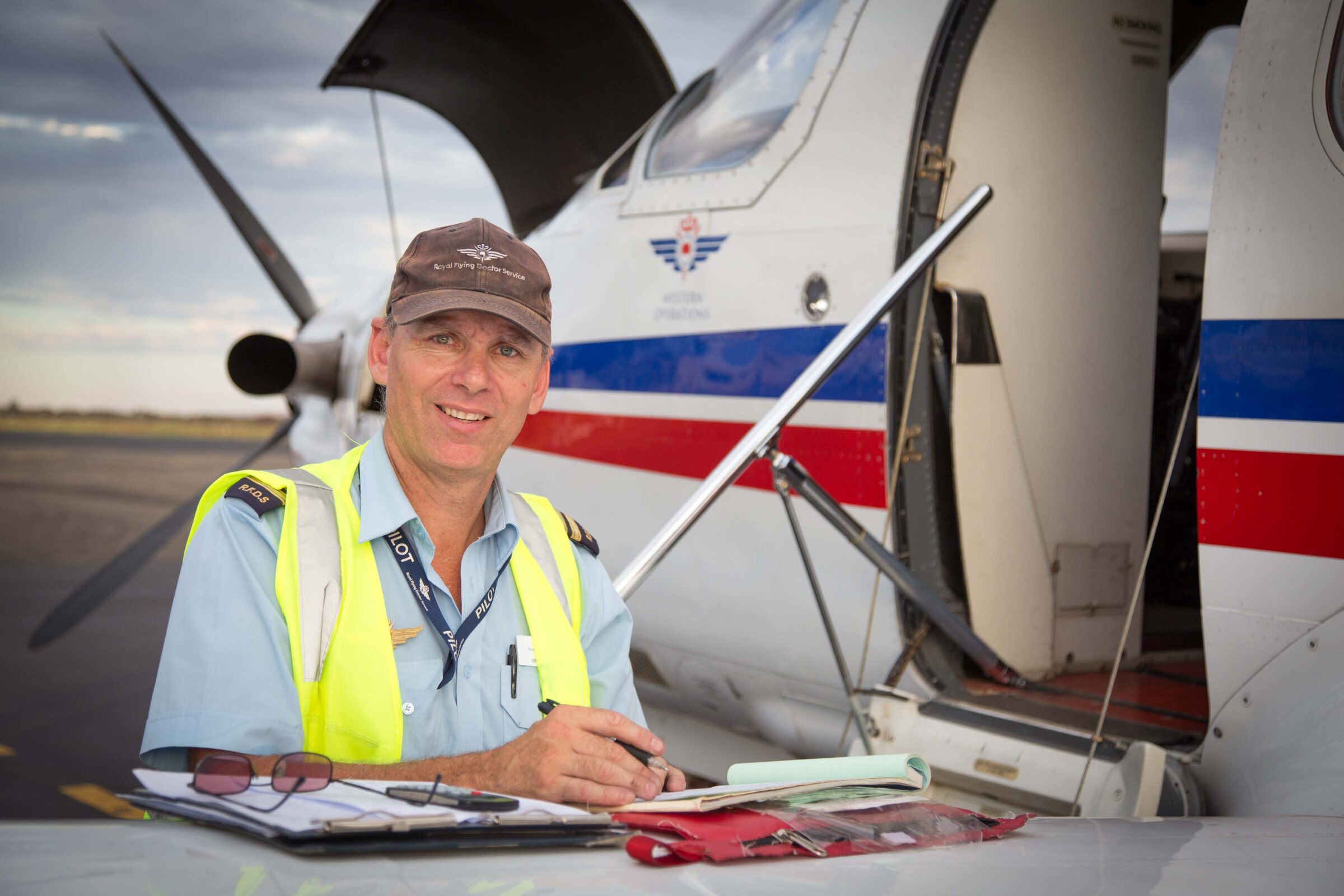
The Challenge
People living in Outback Australia have a poorer health status than their city counterparts. Data from the Australian Institute of Health and Welfare paints a bleak picture for people living in remote and very remote areas of the country: they are more likely to have coronary heart disease or diabetes, they have higher risk factors for ill health, they are more likely to be living with ill health, and they have a lower life expectancy compared to people living in metropolitan areas.
There are two main drivers of poor health outcomes for residents of the Outback: socioeconomic disadvantage and constrained access to health promotion, primary, and acute care services.
Outback Australia contains high levels of social disadvantage, and people living in social disadvantage generally have poor health outcomes. Medicare records show that remote Australians see doctors at roughly half the rate of city dwellers. The combination of social disadvantage and limited access to primary care services results in Outback populations having worse health outcomes than those in more affluent metropolitan areas who access health services more regularly.
As temperatures rise due to climate change, extreme heat becomes a health hazard, leaving people at risk of heat stroke and other potentially fatal outcomes. Outback Australia has some of the hottest locations in the country, with climate change forecast to make these even more challenging.
The Solution
Improving health outcomes for people living in the Outback requires improved social and economic conditions and expanded access to service.
Evidence proves that social and economic improvement leads to better health. Those able to complete school, to secure and hold a job, to live in adequate housing, and to have access to the resources required to participate in community life also enjoy better health. Efforts to ensure greater school completion rates, higher employment, and better housing are key ways to improve the social determinants of health in Outback Australians.
Expansion in health service access, and particularly expansion in access to preventative health programs, is also required to improve the health of Outback residents. Remote Australia has a shortage of health professionals. There are insufficient doctors, nurses, and allied health staff working in remote communities. Aboriginal Medical Services in particular are resource constrained, and not sufficiently supported to be able to provide the full breadth of services required by communities.
In the short term, more resources are required to expand existing remote Australian health care. Services that currently provide minimal primary care should be expanded to provide comprehensive care that includes access to specialist care and allied health, with a specific focus on mental health and wellbeing. Preventive health, particularly aimed at drug and alcohol management, disease avoidance, and healthy living, is a key priority for Outback communities that currently have inadequate service access. In the long term, these actions will reduce the costs of outback health care.

